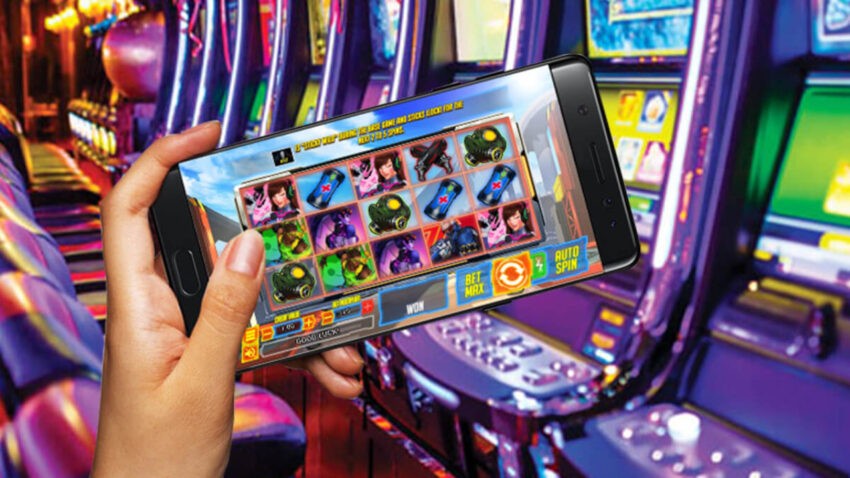
The Evolution of Social Interaction in Online Games: Beyond Just Playing
Online games have long been seen as a means of entertainment, offering players a chance to escape into virtual worlds filled with adventure, strategy, and competition. However, as gaming has evolved over the years, its role in fostering social interaction has become one of the most defining features of the online gaming experience https://www.frenchcookingboard.com. The dynamics of communication, teamwork, and community building within online games have transformed these virtual spaces into thriving hubs for social engagement.
The Rise of Multiplayer Gaming
Multiplayer games have been the cornerstone of the online gaming revolution. From the early days of LAN parties and dial-up connections to today’s high-speed, globally connected servers, multiplayer games have allowed people to play with and against one another in real time. Titles like World of Warcraft, Counter-Strike, and League of Legends exemplify the importance of multiplayer interaction in creating lasting gaming experiences. But as these games grew, so did the potential for social interaction.
In the past, games were primarily played alone or with a small group of friends, but the internet opened the doors to playing with strangers from across the world. Players began to form alliances, make friends, and engage in complex social relationships that extended beyond the game itself. The sheer scale of these connections has given rise to online communities where players share not only strategies and tips but personal experiences, interests, and even life stories.
Communication: A New Era of Digital Conversation
A key element of online gaming is communication. Early on, players were limited to basic text chats or voice communications using third-party applications like TeamSpeak or Ventrilo. Today, most online games have integrated voice and text chat systems, which enable players to talk in real time while they play. This has made online games a more immersive experience, where collaboration and coordination are essential, especially in competitive or team-based games.
The rise of social features within games has also led to new forms of communication. Many games now feature “emotes” or “reaction animations” that allow players to express themselves without words. These emotes have become a universal language, allowing players from different cultures and languages to interact in meaningful ways. In fact, some games have even created their own in-game slang, allowing players to communicate efficiently with a shared set of terms and symbols.
Communities and Social Spaces: More Than Just Playing Games
Online games have evolved into massive social spaces where players can forge friendships, join teams, and even build entire virtual worlds together. These communities often go beyond the traditional game itself. Some games offer in-game social features like virtual housing, social hubs, and public events. For example, The Elder Scrolls Online and Final Fantasy XIV offer spaces where players can meet up, exchange ideas, and participate in non-combat activities like fishing, crafting, and trading.
These virtual spaces have become important gathering points for like-minded players to connect. With integrated social media features, players can easily share achievements, screenshots, and video clips, further reinforcing the sense of belonging to a larger community. Moreover, platforms like Discord have become essential for maintaining communication within these communities, where players from different games and genres can connect, chat, and coordinate outside of the gaming environment.
The Role of Esports in Competitive Socialization
Another fascinating aspect of online gaming is the rise of esports, which has transformed gaming from a casual pastime into a competitive sport. Esports not only involves skill and strategy but also a deep level of social interaction between teams, fans, and sponsors. Professional esports players often engage with their followers through live streaming on platforms like Twitch, where they can chat with viewers, share insights, and form deeper connections with their audience.
For fans, esports has become a way to socialize and support their favorite players and teams. Online tournaments allow fans from around the world to engage with one another, discussing matches, sharing predictions, and even participating in fantasy leagues. This competitive aspect has made online gaming a spectacle, where social interaction is central to the fan experience.